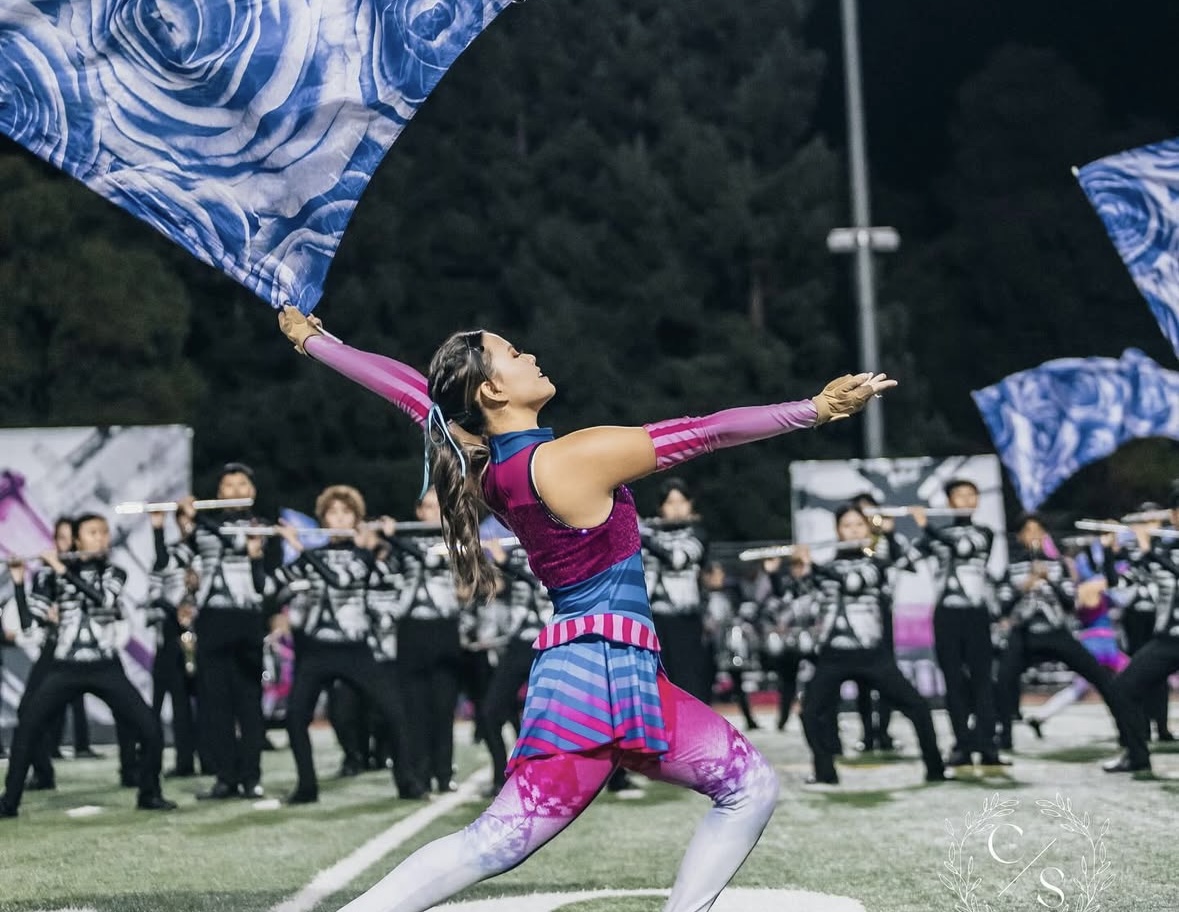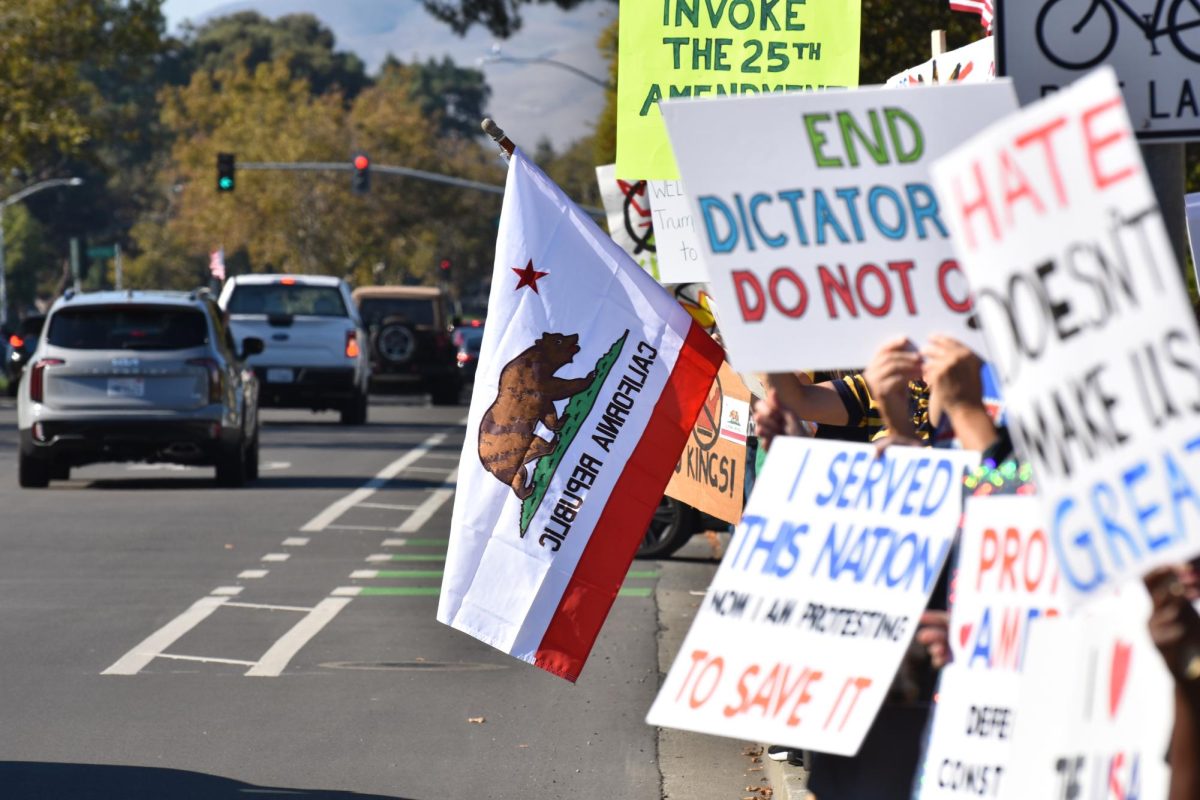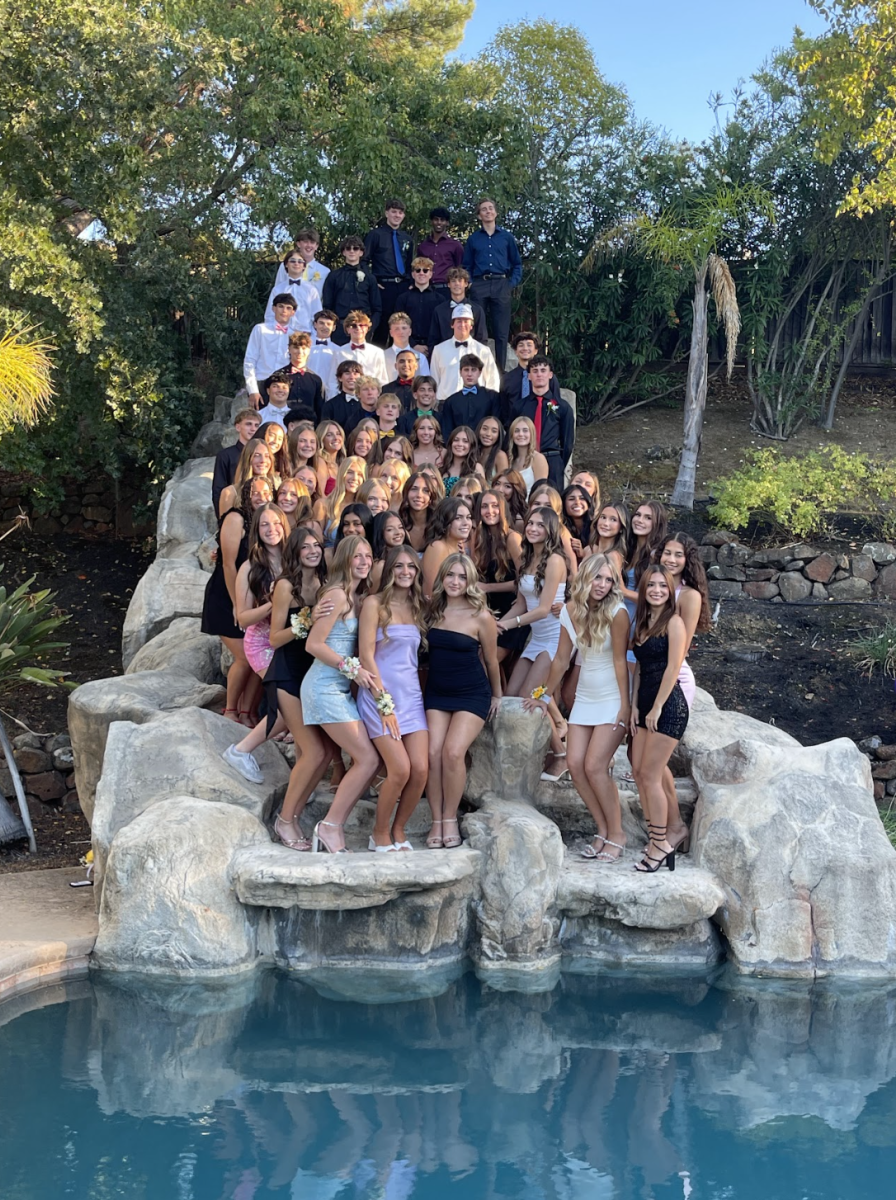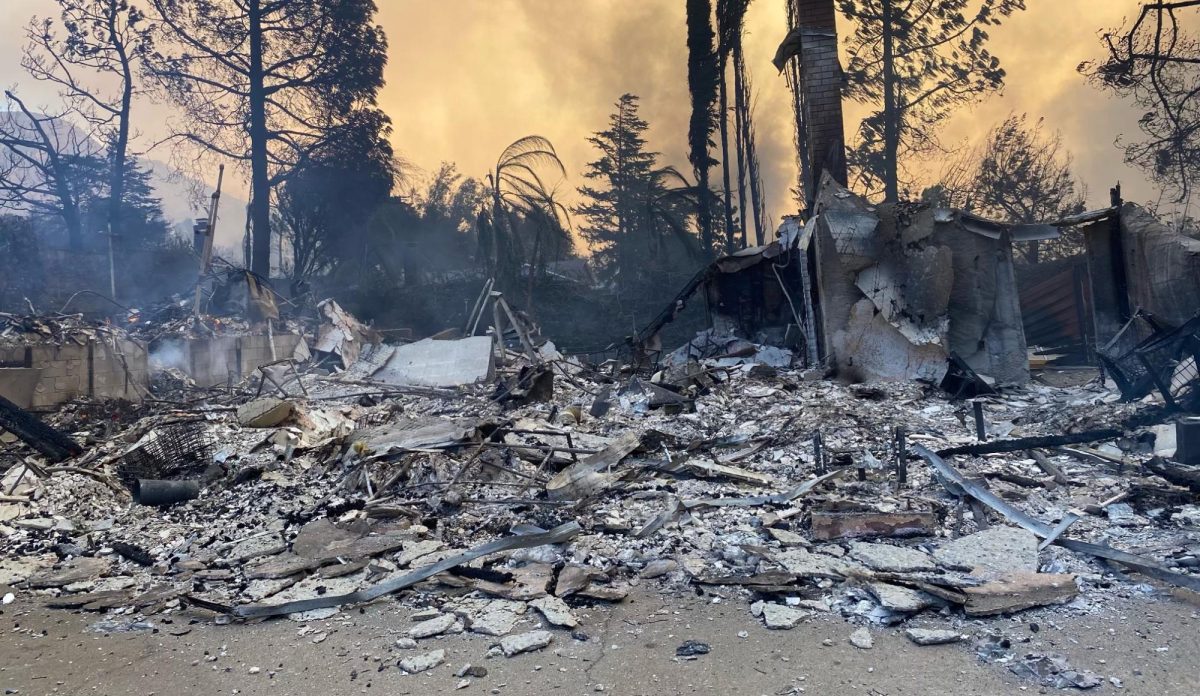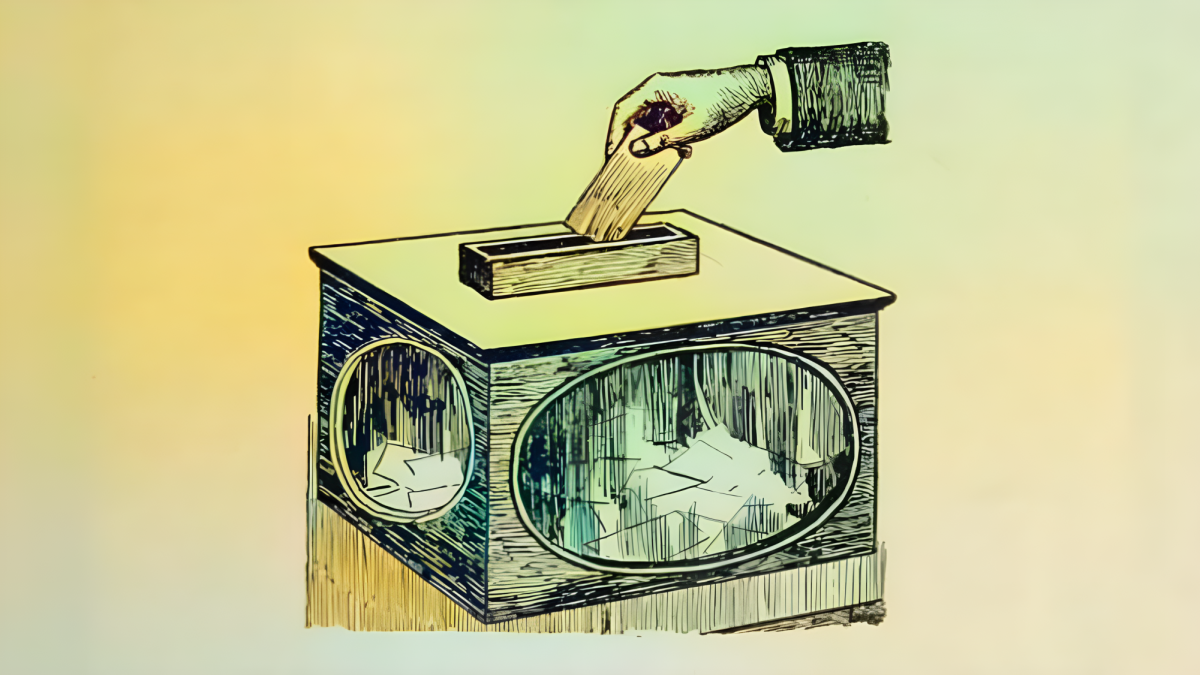Passionate political discourse, grueling campaign trails, gut-wrenching debates, shocking new scandals, a media whirlwind – the gripping atmosphere of the 2024 US election season has finally arrived.
As expectation intensifies, Iowa Republicans brace themselves for their caucuses scheduled for January 15. With a plethora of contenders contending for the presidency, it promises to be one of the most coveted political spectacles of the upcoming months.
“It’s exciting to see democracy in action. We’re all curious to know who will come out on top and set the tone for the rest of the primaries,” said political enthusiast Ativ Asarawala (‘24).
What is a Caucus?
A caucus is a gathering of political party membersmembers of a political party to select candidates, discuss policies, and make decisions about the party’s direction. Scheduled for 7 p.m. in Iowa, it often involves open discussions and group voting, playing a crucial role in the nomination process for each party.
“I’ve learned about caucuses in Civics. The entire electoral process seems quite perplexing. Democracy, as we perceive it, is more intricate than we might initially think,” said Mukhil Murugan (‘24).
For Republicans, the Iowa caucus is typically referred to as “gatherings of neighbors.” Rather than going to polls and casting ballots, Iowans gather at a set location in each of Iowa’s precincts. Typically, these meetings occur in schools, churches, public libraries, or even individuals’ houses.
“Historically, Iowa has oftentimes been a good indicator of who the general public supports,” said Asarawala.
In the next few months, Iowa’s county and state conventions will confirm 40 delegates for the Republican National Convention. The person who gets the most delegates in Iowa on caucus night will be declared the winner. Moreover, the majority of over 2,000 delegates nationwide will select the overall party nominee.
Main Candidates in the Spotlight
While former President Donald Trump has maintained a consistent lead in Iowa polls, contenders like Florida Gov. Ron DeSantis, former South Carolina Gov. Nikki Haley, and others are making significant efforts to sway voters in their favor.
“It’s a diverse lineup, and everyone seems passionate about their views. I’m curious to see who will emerge as the front-runner,” said Pleasanton business ownerbusiness-owner Jignesh Kantilal.
Iowa’s track record in predicting the eventual presidential nominee is mixed, with George W. Bush in 2000 being the sole Republican to secure a victory in the caucuses and later win the White House.
“It adds an element of unpredictability. Just because someone wins Iowa doesn’t guarantee they’ll be president, but it definitely gives them a boost,” said Murugan.
Democrats’ Turn and Changes in the Calendar
Unlike Republicans, Democrats in Iowa are not holding a presidential primary preference vote on January 15. Instead, they will caucus in person, and the results will be determined through a mail-in voting system that extends until March 5.
As the Iowa caucus draws near, the nation’s gaze converges on a spectacle that will shape the 2024 election. One vote, one delegate, one caucus at a time – the march of democracy continues.



